Eva Seidlmayer:
The first panel discussion at the Open Science Festival 2023 in Cologne concentrated on global perspectives of open science. For this purpose experts from different continents were invited to discuss different questions as „How do scientists and communities from different regions contribute to the global knowledge commons and how do they use it?“ and “What is the impact of different financial capabilities of scientific institutions, for example with regard to high Open Access article processing charges?”
Background: Organizing an international Panel for the Open Science Festival
During IFLA 2022 in Dublin, it was experienced that several participants from African countries had not been able to attend the conference due to visa rejection. When we discussed it in a group, another participant from outside EU mentioned how much time and effort it had cost her to prepare the application for the visa to Ireland. Ireland is not part of the Schengen Agreement which increases the difficulties for citizens from some nations. It is not only the visa issue that hinders researchers to take an equally part in science. Also the different regional levels of infrastructure result in different conditions for deploying digital tools. For open science in addition the tremendous amounts of article processing charges (APC) make an issue. Since the publishers cannot profit from access fees to publications in an open access model, they request extremely high publishing fees from the authors in the first place.
These deliberations led to the aim to discuss these circumstances in a bigger audience. When the Open Science Festival was about to be organized we decided to bring these topics to a panel discussion. Here it was important for us, to include our questions on the one hand, but also on the other hand to be open for the experiences from the regions of the panelists regarding Open Science for taking an equal part.
Digression: Obstacles on the way
While organizing the conference, we were applying for funding the travel expenses of the invited researchers from Ghana, Guatemala and Georgia in order to enable them to attend the conference in person. Therefore, we requested a large organization for a letter of support for the funding application. They responded they did not want to support travel expenses for flights as they were committed to action against climate crises.
The situation was interesting since two desirable goals collided. The first goal was achieving equal opportunities for research: Most high-level conferences are held in the US or in Europe and it is easier to make contacts and network in person than via chat in a digital conference. The second goal: Commitment to climate protection by reducing emissions by less international flights. These two goals are even part of the 17 United Nations Sustainable Development Goals (SDG) namely goal 4 which calls for equal opportunities for research and goal 13 that calls for climate action.
In this situation, we solved the problem by arguing, that it is not so much the responsibility for people in less rich countries to change their behavior in order to reduce emissions, but rather our responsibility in the rich countries. Also excluding researchers from these countries from important conferences will not contribute to the development of these societies towards climate justice.
The panelists
In order to get diverse discussion from different global angles we invited four panelists from three continents. In the end only two were able to make it to the Open Science Festival. Present at the panel had been Nino Pavliashvili, the Director of National Science Library of Georgia, Tbilisi/Georgia. She introduced the experience in open science initiatives from an Eastern European country. Representing Africa, Prince Edem Samoh from Berekuso/Ghana attended the panel. Prince is researcher and Laboratory Technician at Ashesi University and Open Bioeconomy Lab. He also conducted a workshop during the conference.
Jo Havemann from AfircArXiv had to cancel her participation. AfircArXiv is an open access repository for research paper from Africa which also includes many regional studies as well as studies written in local languages. Jo recorded a short video, which was shown in a conference break and can be watched on the ZB MED YouTube channel (to the video).
As a representative for Central America, we invited Héctor Tuy, an academic researcher and technical coordinator on climate change adaptation and rural development at GIZ, located in Guatemala City/Guatemala. Unfortunately, Héctor was not able to join on short-notice due to visa issues. Instead, he contributed a video to the panel. In his video, Héctor pointed out the perspective of ingenious people in Guatemala.
The panel discussion
In the first introductory part the panelist presented their activities and commented on obstacles for open science in their projects or in general. The first part was followed by a second phase where the audience was given the opportunity to get involved. All panelists, Prince and Nino in person and Héctor in his video contribution demonstrated a high activity in open science at their institutes, dealing with repositories, journals and teaching. Prince also presented the work of the laboratory in the academia and local community.
When it came to the obstacles to open science, it was kind of surprising to the organizers, that both Nino and Prince considered overall trust as well as the lack of knowledge of open science as the main difficulty in their region. As stated above, the organizers, expected visa conditions or high article processing charges would be the main barrier. This was great to have our expectations corrected. Related to the question of visa conditions and better regularities for visa for researchers the matter of a brain drain and the loss of young talented researchers was mentioned which is a threat to less wealthy communities.
A comment from the audience raised the question of the different perspectives on open science and the relationship between the different regions of the world to this topic. The person stated that promoting open science in the so-called global south could also considered kind of arrogant of the western world, as these communities may not need the „western knowledge“. In return, however, there was the report in Héctor Tuy’s recorded video on the activities of indigenous population that proved the opposite: That not only the western world is the agent of open science but also local communities are active. The western world can also profit from indigenous knowledge. Based on this aspect another argument from the audience led to the conclusion, that it is very important to think of open science as co–llaboration of many parties working together, not as one party teaching another.
Post panel
The Open Science Festival panel sparked meaningful conversations about equitable access to open science. It is clear that the topic warrants further exploration, particularly in relation to the challenge of balancing climate action with facilitating the participation of global researchers. The realization that open science is a collaborative effort that can benefit from diverse sources of knowledge underscores the importance of working together towards a more inclusive research landscape. The feedback we received on the panel set-up was very positive and highlighted the need for ongoing discussions on these crucial issues.
Watch the recording of the panel dicussion:
DOI (Digitalausgabe): https://doi.org/10.48664/jybb-my57
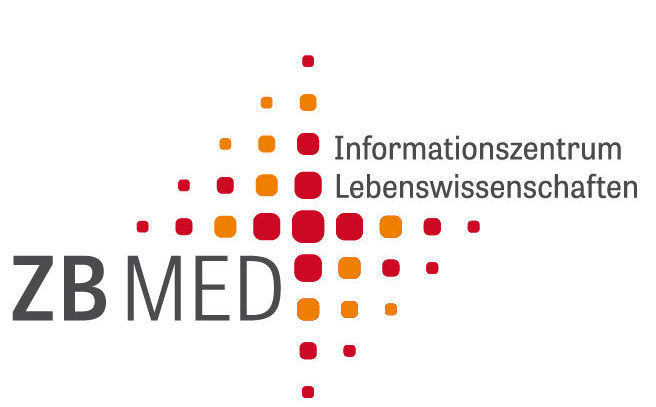


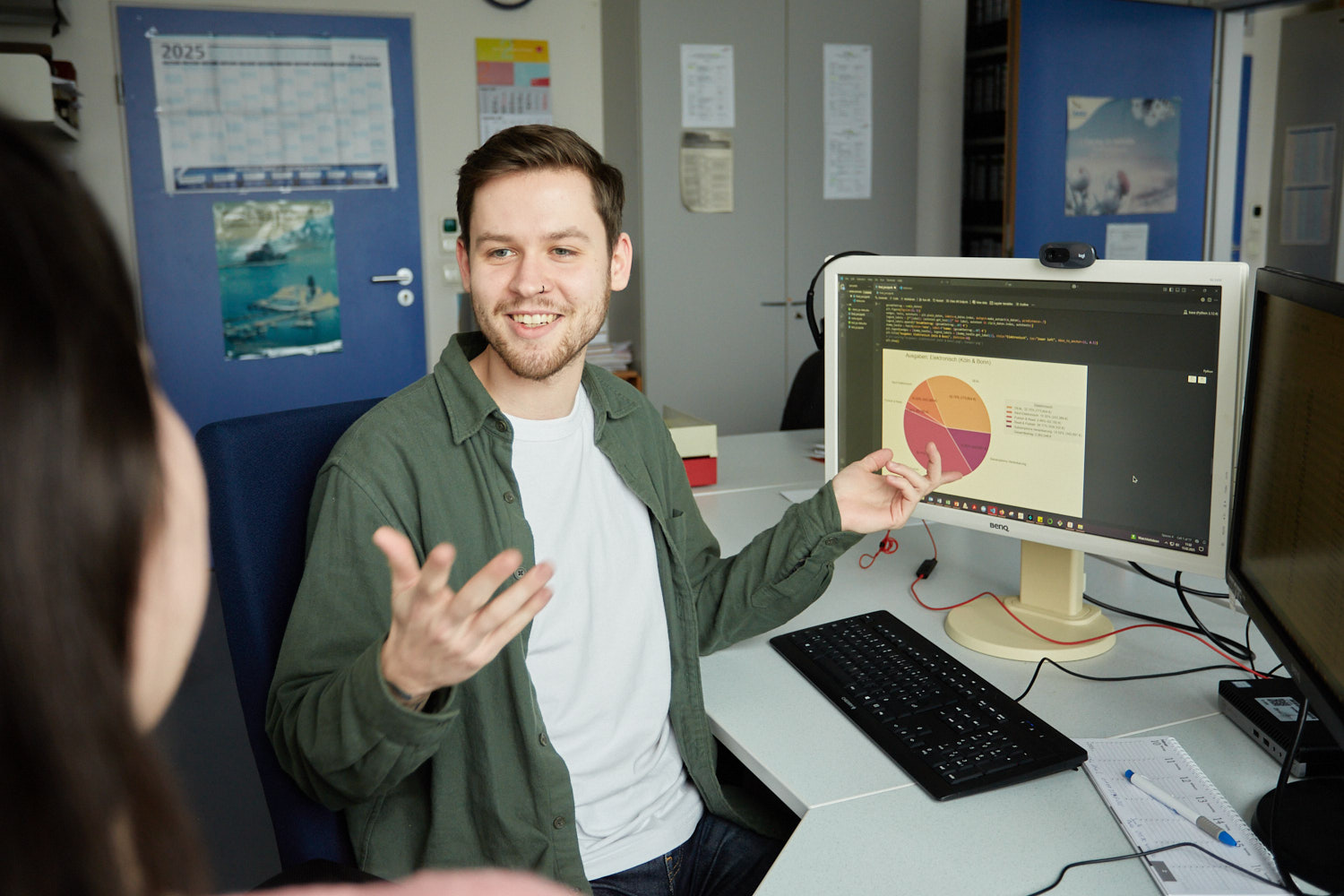
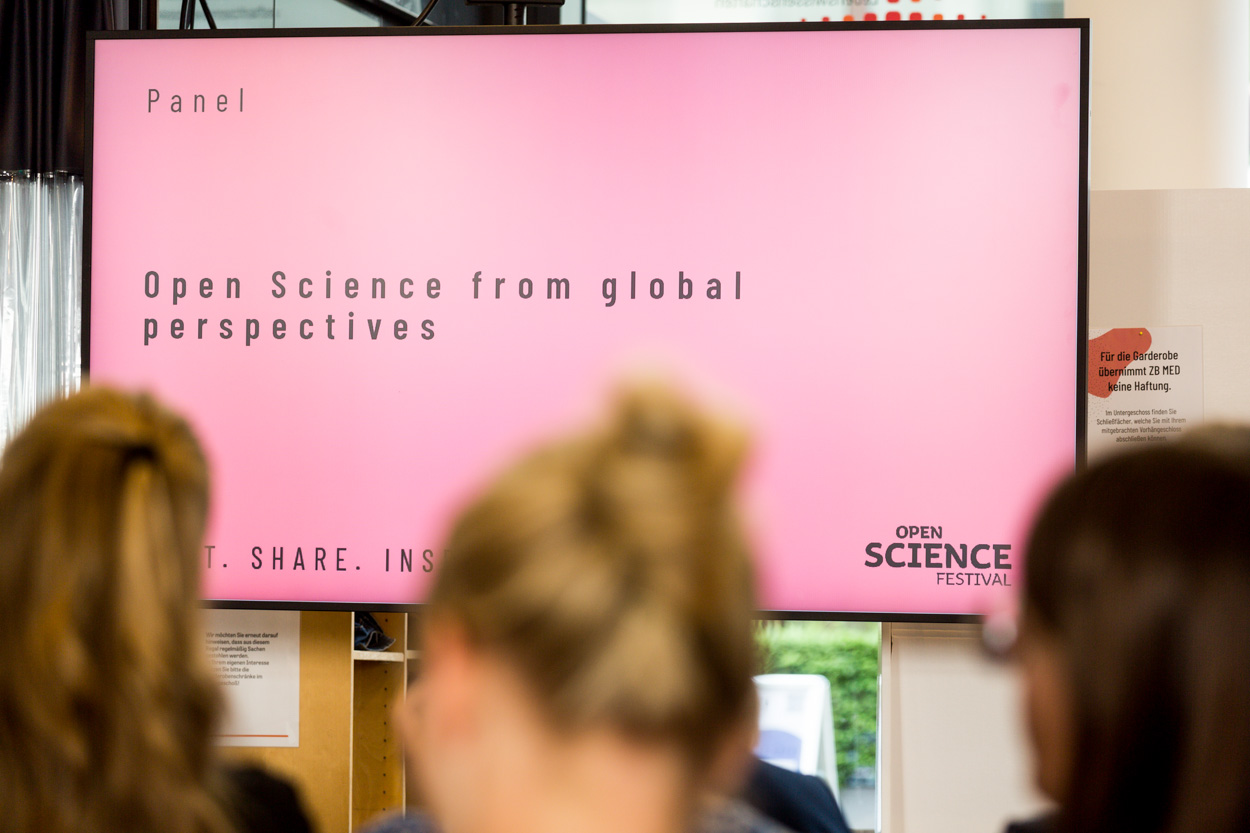
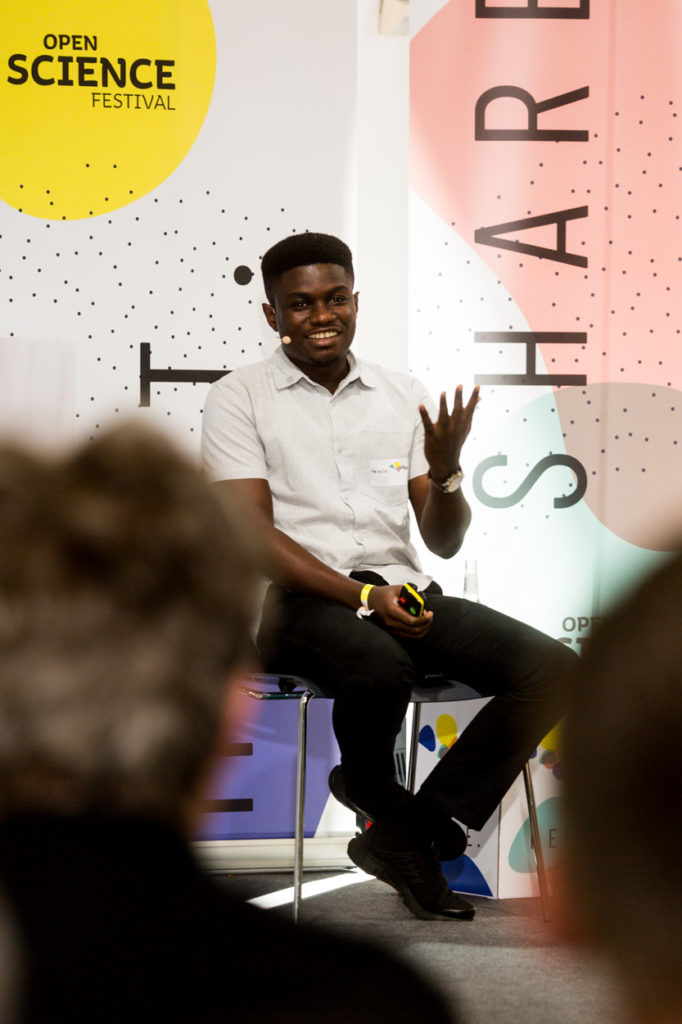
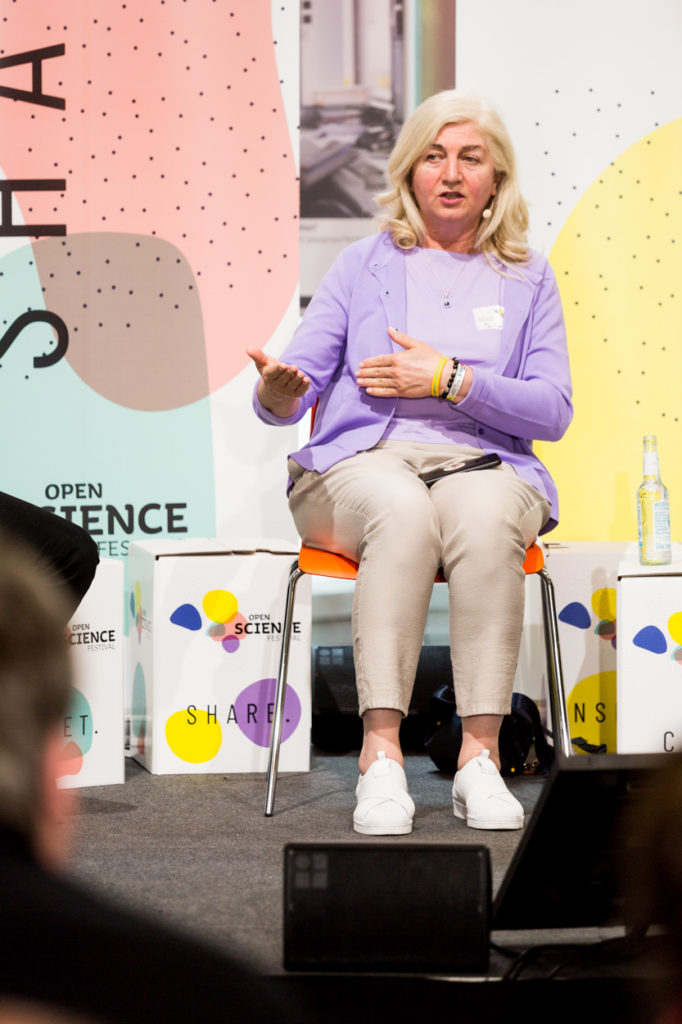
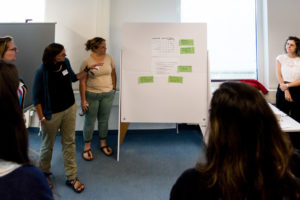
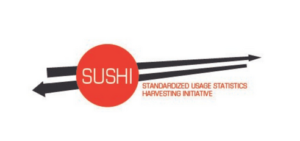
Pingback: Open Science Festival 2023 – ZB MED-Blog